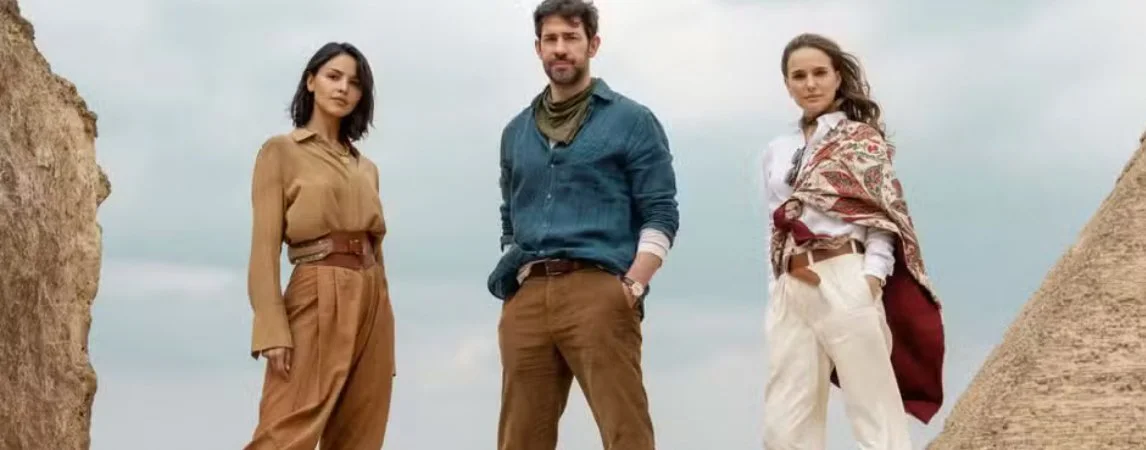During the 1970s, director Francis Ford Coppola had the kind of towering cinematic decade that hasn’t been replicated before or since. Releasing four masterworks during that time span, 1972’s “The Godfather,” “1974’s “The Godfather Part II,” 1974’s “The Conversation,” and 1979’s Apocalypse Now,” the legend of Coppola was built in and around that 8-year timeframe. He would never again make a movie that could match the bracing quality of these four.
The least known of the above films, although very much regarded as a masterpiece by most who’ve seen it, is “The Conversation” starring Gene Hackman. A total and utter classic of cinematic paranoia, this techno-thriller had Hackman’s lonely wiretapping expert Harry Caul hired to record a seemingly innocuous conversation between two lovers, but, only upon re-hearing the tapes, realizing the couple might be in danger.
The film, more relevant today than it has ever been, played around with the notion that what one hears could ultimately turn out to be quite different than what is actually occurring. However, more importantly, in the age of the post-9/11 “surveillance state,” Coppola’s film now plays as a prophetic statement on citizens losing their own privacy, succumbing to extraordinary forces beyond their control by adhering to the lawlessness of higher powers. How about that for relevance?
New York-based specialty distributor Rialto Pictures is bringing Coppola’s “The Conversation” back to theaters. The 1974 thriller—which won the Palme d’Or at the Cannes Film Festival that year— will open on March 20th at New York’s Film Forum and Landmark’s Nuart Theatre in L.A., with “newly struck 35mm prints personally supervised by Coppola.”
“I’ve always been especially proud of ‘The Conversation,’ partly because it was from my own original story and screenplay,” Coppola said in a statement. “I count it among the most personal of all my films and I’m happy the movie became the very thing it was about — the invasion of privacy and its erosive impact on both victims and perpetrators. This was my goal when I conceived it over 40 years ago, and to my surprise, the idea still resonates today. I’m glad Rialto is bringing the film back to theaters so people can experience it the way it was first presented, on the big screen.”





